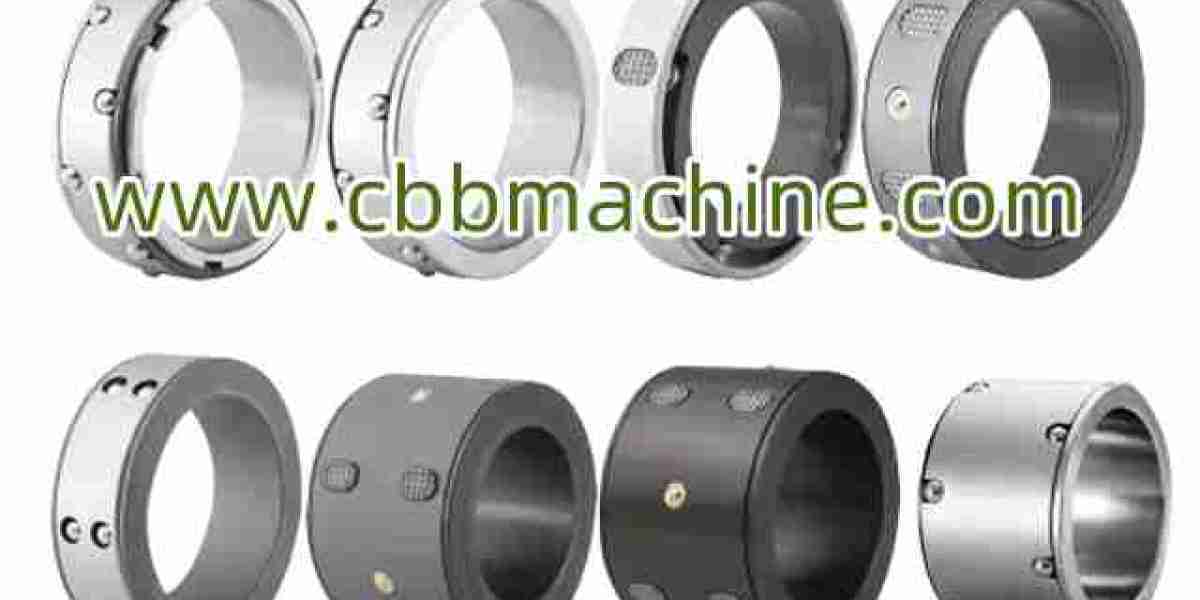Understanding Differential Shafts and How to Choose the Right Supplier
In industrial machinery and high-speed production environments, maintaining precision and control is crucial. One of the key components used to achieve this is the differential shaft. Whether it’s in printing, packaging, slitting, or unwinding processes, the differential shaft plays a central role in controlling material tension and ensuring smooth production.
Working with a reliable Differential Shaft Supplier can make a significant difference in equipment performance, product quality, and operational efficiency.
What Is a Differential Shaft?
A differential shaft is a type of rotating shaft equipped with friction-based mechanisms, typically air or mechanical friction rings, that allow for independent rotational speed across multiple core positions. In essence, it lets multiple rolls on a single shaft rotate at slightly different speeds, which is especially useful in slitting or rewinding applications.
In machines where material width varies or multiple slit rolls are produced at the same time, differential shafts help compensate for minor variations in diameter or tension, ensuring all rolls are wound consistently and tightly.
Key Advantages of Using Differential Shafts
Improved Winding Consistency
Differential shafts automatically adjust torque across cores to reduce slack or over-tightening during the winding process. This results in uniform rolls and fewer material defects.
Enhanced Production Flexibility
They enable the use of different roll widths and materials in a single run. This flexibility improves machine utilization and reduces the need for frequent setups.
Reduced Material Waste
By minimizing tension differences between rolls, differential shafts help lower the chances of web breaks, edge damage, and material loss.
Extended Machine Life
When tension is better managed, machines experience less stress and wear. This contributes to longer-lasting equipment and reduced maintenance costs.
Applications of Differential Shafts
Differential shafts are used across a wide range of industries, including:
Printing and Packaging: Ensuring even winding and unwinding of films, paper, and foils.
Textile: Handling nonwoven and delicate fabric rolls.
Label Production: Managing narrow slit rolls with precise tension control.
Battery and Electronics: Supporting the production of thin, high-value materials.
No matter the industry, choosing a suitable Differential Shaft Supplier is key to achieving optimal performance.
How to Choose a Reliable Differential Shaft Supplier
With various manufacturers offering differential shafts, selecting the right supplier can seem challenging. Here are some factors to consider:
1. Experience and Technical Knowledge
A capable Differential Shaft Supplier should have a solid understanding of winding technology, torque requirements, and machine integration. Experienced suppliers can offer valuable insights into shaft design and application-specific features.
2. Customization Capability
Each production line is different. A supplier that offers customizable options—such as different diameters, materials, and types of friction elements—can help ensure the shaft fits seamlessly into your existing system.
3. Material Quality and Durability
The materials used in the construction of differential shafts—such as aluminum, steel, and high-performance rubber—greatly impact durability and performance. A good supplier will use dependable materials to meet your operational needs.
4. Support and After-Sales Service
Timely assistance during installation, operation, or maintenance is essential. A responsive Differential Shaft Supplier provides technical support and spare parts to help reduce downtime and maintain continuous operations.
5. Consistent Product Availability
Fast-moving industries rely on steady access to replacement parts. A supplier with reliable lead times and steady inventory can help avoid unnecessary production delays.
Signs You Might Need a New or Upgraded Differential Shaft
Increased material waste or roll inconsistencies
Frequent machine stoppages due to winding issues
Difficulty handling different roll widths simultaneously
Outdated or worn-out shaft components
If any of these issues are occurring, reaching out to a knowledgeable Differential Shaft Supplier could be the first step toward improving your line’s performance.
Conclusion
Differential shafts play an important role in the accuracy, efficiency, and quality of modern converting and winding processes. By distributing torque intelligently across multiple cores, they enable better control of tension and roll formation. Working with a dependable Differential Shaft Supplier ensures you receive products tailored to your production environment, supported by technical expertise and consistent service.
When sourcing differential shafts, it's important to focus on compatibility, durability, and the ability of the supplier to provide responsive support. These elements combined will help extend the lifespan of your equipment and increase the reliability of your operations.



